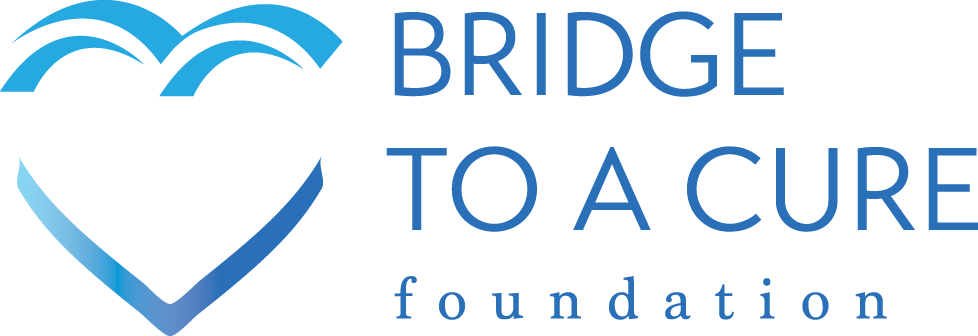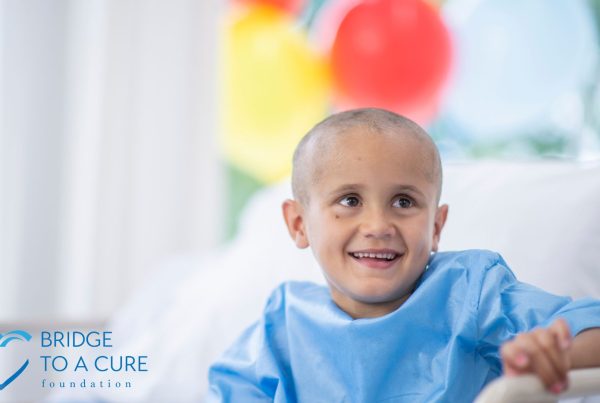Bridge To A Cure Foundation continues our ambitious mission to unite and transform the childhood cancer research community to reduce childhood cancer deaths 50% by 2030. We have discovered and worked to remove the barriers that, for so long, have held back progress toward cures. We have identified like-minded experts to form partnerships that push the entire research community forward. And now, we have identified three key areas of research that we at Bridge To A Cure believe hold the promise of finding cures. This is the first of three articles introducing groundbreaking research initiatives in our foundation investing: immunotherapy, angiogenesis, and apoptosis.
Immunotherapy: Harnessing the Body’s Ability to Fight Disease
Immunotherapy represents a groundbreaking shift in cancer treatment, offering new hope for curing childhood brain tumors. Unlike traditional treatments that broadly target rapidly dividing cells, immunotherapy works by harnessing the body’s immune system to fight cancer more precisely and effectively.
Patients with a pediatric brain tumor — among the most challenging cancers to treat due to their delicate location — have seen significant advancements in treatment options with the advent of immunotherapy. This treatment approach includes a variety of modes such as checkpoint inhibitors, CAR T-cell therapy, and cancer vaccines, each designed to boost the immune system’s ability to recognize and destroy cancer cells.
Checkpoint inhibitors work by blocking the proteins that cancer cells use to hide from the immune system, essentially “unmasking” the cancer cells and allowing the immune system to detect and eliminate them. CAR T-cell therapy involves collecting the patient’s immune cells, genetically modifying them in a lab to better recognize cancer cells, and then infusing these enhanced cells back into the patient to seek out and destroy cancer. Cancer vaccines, on the other hand, are designed to provoke the immune system to attack specific cancer cells.
One of the key advantages of immunotherapy in treating childhood brain tumors is its potential for specificity.
By targeting the tumor cells while sparing healthy brain tissue, immunotherapy can reduce the side effects associated with conventional treatments like chemotherapy and radiation, which are particularly concerning in growing children due to the risk of long-term cognitive and developmental issues.
Moreover, immunotherapy offers the promise of durable responses, meaning that some patients may achieve long-term control over their cancer, turning it into a manageable chronic condition. This is a significant step forward in improving the quality of life and survival rates for children with brain tumors.
While the application of immunotherapy in childhood brain tumors is still an area of active research, early clinical trials have shown promising results, offering hope to families facing these daunting diagnoses. As researchers continue to understand how best to harness the immune system against these brain tumors, immunotherapy stands poised to transform the landscape of cancer treatment, potentially offering a cure for some of the most challenging cancers affecting children. Bridge To A Cure wants to accelerate progress in this area via a research initiative that draws on the databases now available and the analytical/diagnostic capabilities of artificial intelligence (AI).






